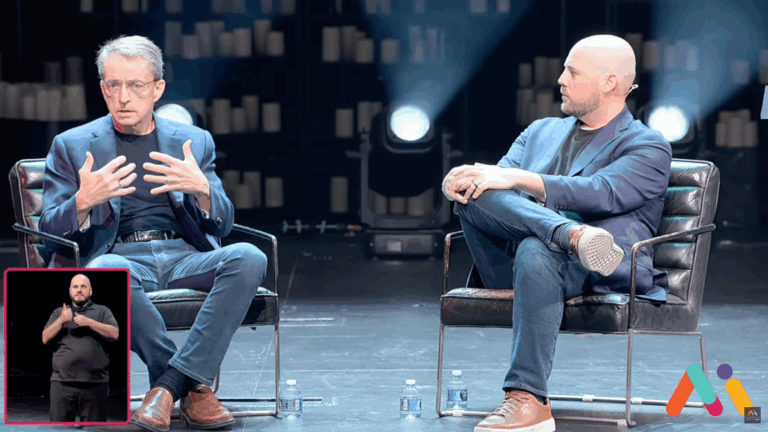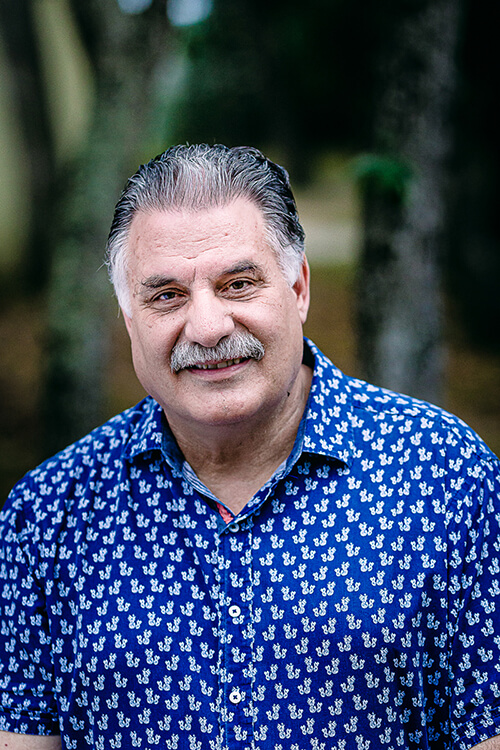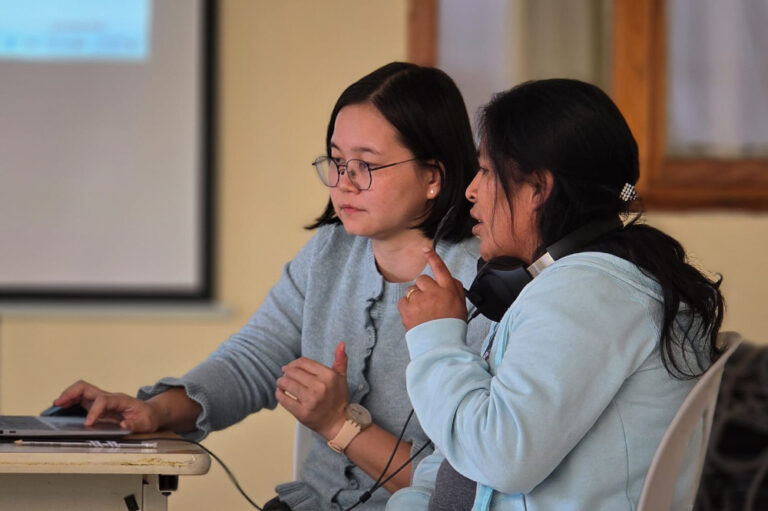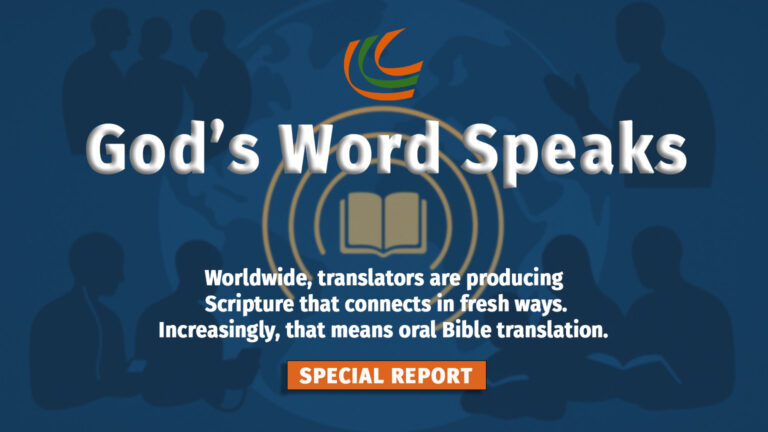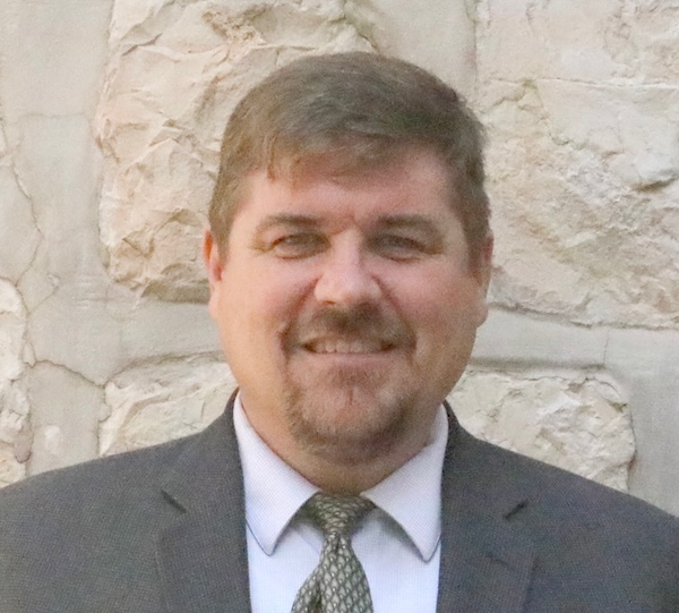Even in the world’s Bible translation movements, not everyone fully understands the distinctives of OBT, and how it differs from oral Bible storying (OBS). A quick overview:
- In OBS, stories based on Scripture are crafted so they can in turn be learned, practised and shared. Oral Bible stories contain the basic details of the original, but may be shortened or paraphrased. Often OBS is used as a Scripture engagement strategy.
- In OBT, an oral passage of Scripture in one language is translated into an oral version in the target language. OBT uses the same rigorous process of translation, checking and revision as written translation, but all work is done orally rather than in writing. The final version will be recorded, but can also be memorized and shared.
Oral Bible Translation is still relatively new. A 2007 thesis by Robin Green, a Dallas International University student, proposed a method for non-readers to translate Scripture from an audible reference language. In 2015, Faith Comes By Hearing, Seed Company and Pioneer Bible Translators developed Render, a software application to facilitate OBT without requiring literacy. Teams listen to Scripture in a reference language, then internalize and record the translated Bible passages in their heart language. These recordings undergo rigorous review and approval by translation experts to ensure accuracy before being shared with the community.
The first OBT project launched in 2017 in Brazil, providing access to God’s Word for half a million people. OBT rapidly became a major methodology, reaching 100 oral communities by 2019. Today, OBT is part of thousands of Bible translation projects around the world.

